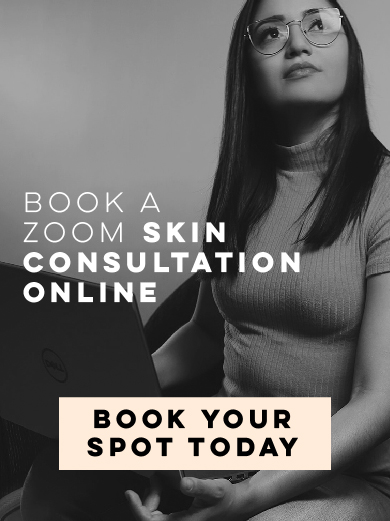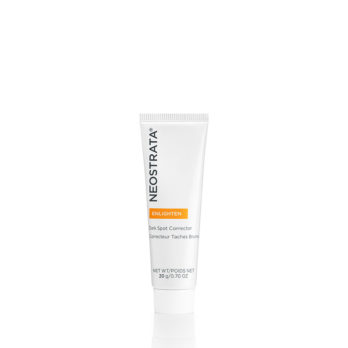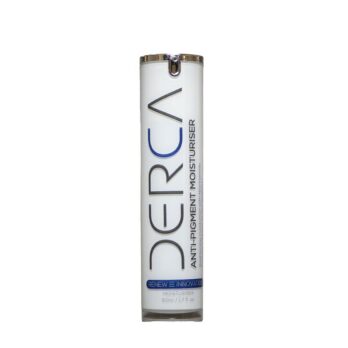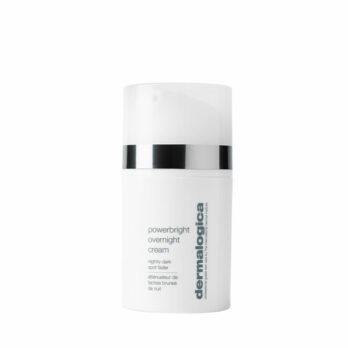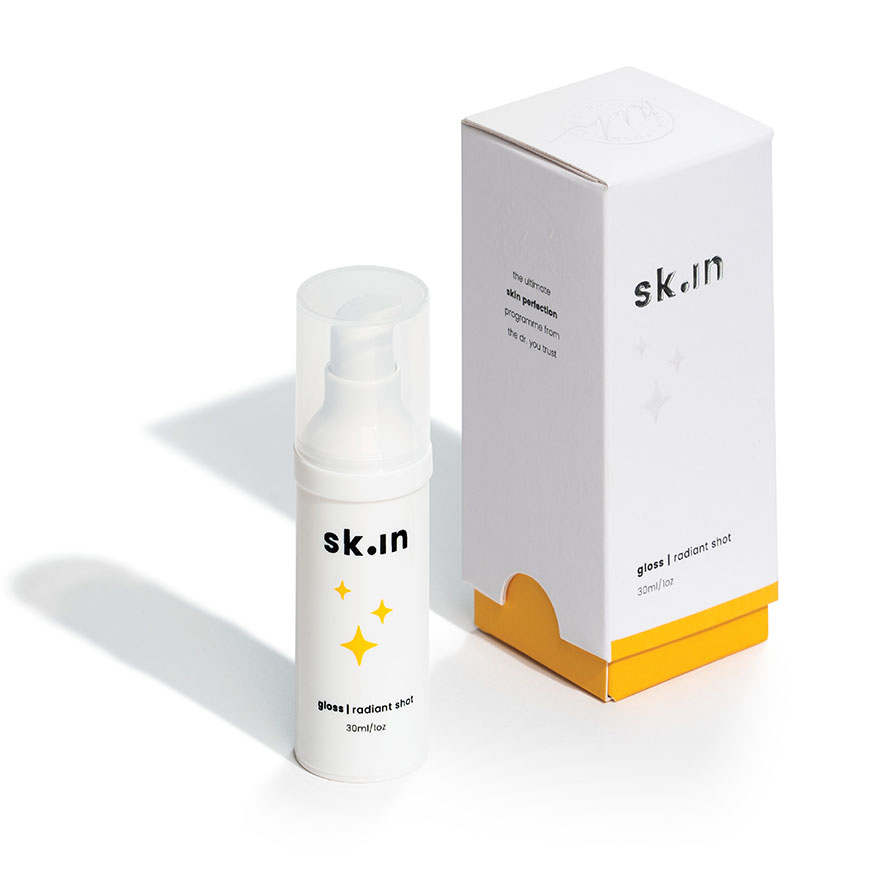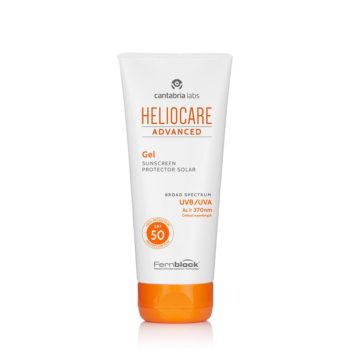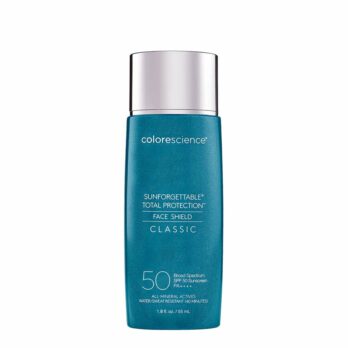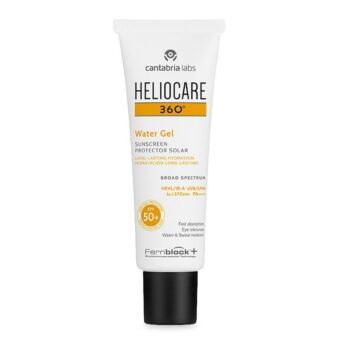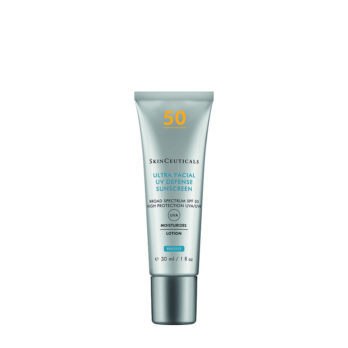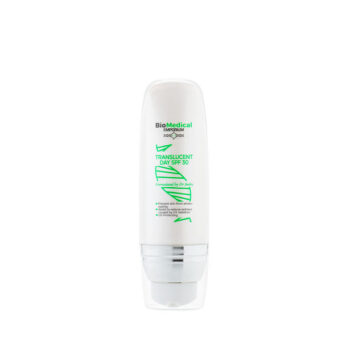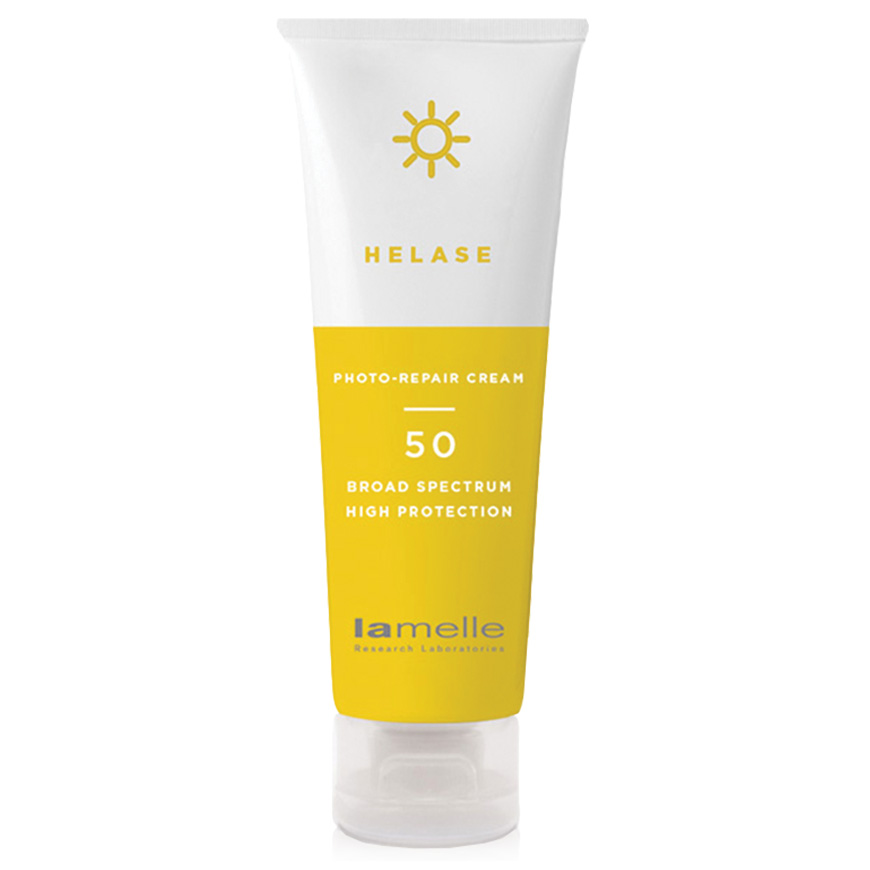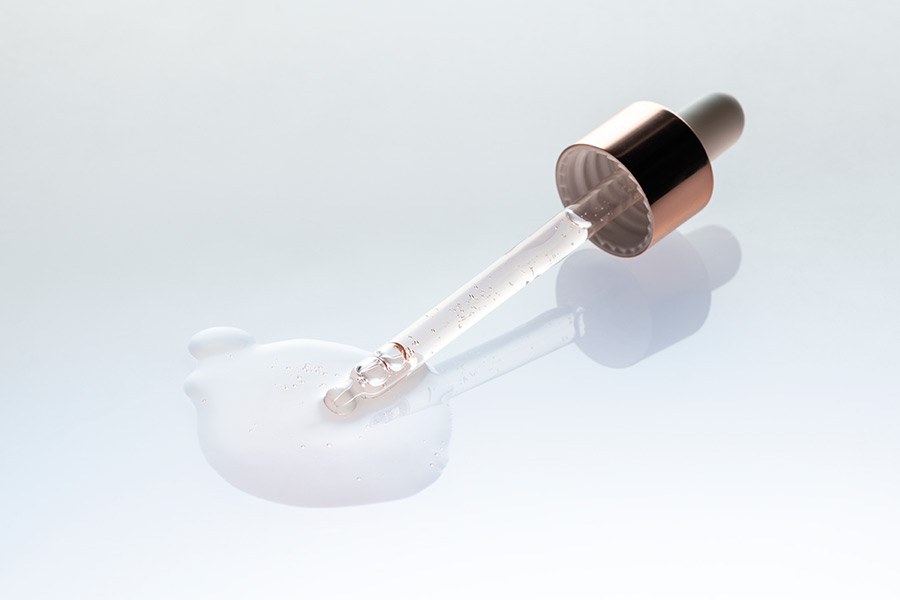Hyperpigmentation is one of the most frustrating skin issues to treat and is so common: it’s a concern for all skin tones, but people with darker skin tones, in particular, have a more significant challenge due to their unique melanin content (more on that later).
But don’t worry, because effective skincare for darker complexions doesn’t need to be scary or complicated. That’s why we’re covering everything you need to know about how hyperpigmentation affects women of colour, plus treatment options that will help fade discolouration — all to reveal glowing skin.
But before we begin, it’s worth mentioning that there’s nothing wrong with having hyperpigmentation — in fact, it’s completely normal! That said, if you’re looking for help with your dark spots, then you’re in the right spot — pun very much intended.
What is hyperpigmentation?
Before we look at how to treat hyperpigmentation, let’s first define what it is. At its most basic, hyperpigmentation is a term used to describe spots or patches of skin that are darker than the surrounding areas. That’s easy enough. But why does it happen? A quick science lesson: Everyone’s skin heals differently, and one of the ways it responds to injury or inflammation is by overproducing the pigment called melanin. These areas of abnormal melanin deposits manifest on the skin as discolouration and fall under what we call “post-inflammatory hyperpigmentation” (or PIH for short).
What are the most common causes of post-inflammatory hyperpigmentation?
- The after-effect of skin conditions like acne or eczema
- Physical injury to the skin from a cut or popping a pimple
- Skin rashes and allergic reactions
- Any type of sun burn or similar
- Treatments that produce inflammation such as lasers
How hyperpigmentation affects darker skin tones
Ready for another science lesson? Though hyperpigmentation can affect everyone, people with darker skin tones are more prone to experiencing it because they have more active melanocytes — aka pigment-producing cells. So for those with darker complexions (Fitzpatrick skin types 3 or higher), any injury or irritation is more likely to result in excess pigment when it heals. For this same reason, hyperpigmentation is not only more common in darker skin tones, but also more severe and harder to treat.
How do you treat hyperpigmentation at home?
Knowing what we know now about hyperpigmentation in darker skin, it makes sense that when it comes to treating it, you have to be careful not to cause any additional inflammation. The good news is, it’s treatable – and you don’t have to switch to using exclusive products for darker skin to get results. Instead, we suggest using advanced formulations that are able to properly address your most common issues, including lifting pigment, reducing inflammation and repairing the skin barrier.
Add one of these ingredients into your routine
- Kojic acid: Not only does this acid exfoliate your current dark spots away, but it also works as a tyrosinase inhibitor to block the excess production of melanin and prevent hyperpigmentation before it even happens.
- Niacinamide: A form of vitamin B3, niacinamide makes the skin produce more ceramides, which help keep your skin’s barrier function intact so it can do its job and ward off inflammation.
- Vitamin C: An antioxidant with brightening powers that protects the skin from free radicals, while also diminishing the signs of ageing like sun spots.
In-office treatments for hyperpigmentation
By now you know the drill: A combination approach to skincare gives the best results. This means using products with active ingredients as well as in-clinic treatments, such as superficial chemical peels which are mild but deliver fast results, micro needling, and laser treatments. When these are carried out by an aesthetic medical practitioner, dermatologist or medical aesthetician with experience in treating darker skin tones, using the right acid concentration or depth of the needle or laser, they can be incredibly effective. As with any ‘tweakment’ it’s important to do your research first.
Are there any ways to prevent hyperpigmentation?
There is a myth that darker skin doesn’t need SPF protection. While more melanin does mean a greater degree of inherent sun protection, meaning you won’t burn as easily, it doesn’t decrease risk altogether. The truth is you need to wear SPF every day even if your skin is darker — doing so will prevent dark spots and hyperpigmentation (in addition to skin cancer). It really is your first line of defence, and if you’re treating hyperpigmentation without it, then you’re only working against your progress. [egg id=”3″]

